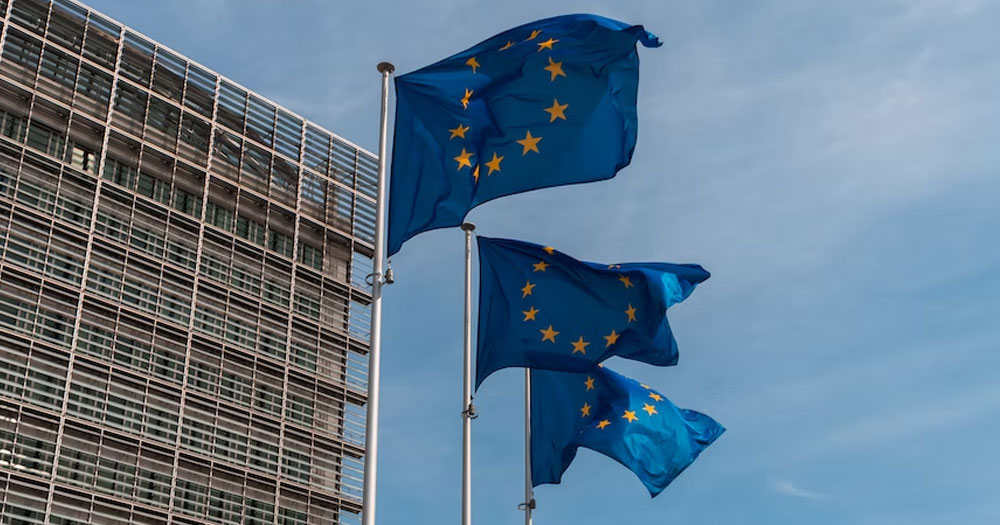On Tuesday, January 17, the European Court of Human Rights ruled that Russia has an obligation to grant same-sex couples legal protections equivalent to marriage.
The court delivered the landmark judgment in the Fedotova and Others v. Russia case, submitted by six Russian nationals which turned into a three-year-long legal battle. In July 2021, the Third Chamber of the European Court of Human Rights (ECtHR) ruled that, by refusing to grant legal recognition to same-sex couples, Russia was violating the applicants’ human rights under Article 8 of the European Convention of Human Rights.
Following the ruling, the Russian government requested that the case be referred to the Grand Chamber of the ECtHR. Russia argued that introducing marriage equality in the country would be “contrary to the Russian Constitution and public order”. The Russian government claimed that “the family in its traditional form is a fundamental value of Russian society” because it is “intrinsically linked to the goal of preserving and developing the human race”.
In Tuesday’s decision, the Grand Chamber of the ECtHR ruled that this wasn’t enough to deny LGBTQ+ couples their rights, saying that “none of the public-interest grounds put forward by the Government prevails over the applicants’ interest in having their respective relationships adequately recognised and protected by law”.
A great day for our community and their restless advocacy. We can only thank all the activists and the plaintiffs of this case for the endless efforts in keeping this fight going. This judgement can only be deemed a categorical stance on where our European continent stands. https://t.co/L50zwUhJFI
— Maria Walsh MEP (@MariaWalshEU) January 18, 2023
The court concluded that Russia “has overstepped its margin of appreciation and has failed to comply with its positive obligation to secure the applicants’ right to respect for their private and family life.”
With this judgment, the court ruled that all members of the Council of Europe have an obligation to put in place the appropriate legal protections for same-sex couples where marriage equality is not established. While Russia is not a member state anymore following its expulsion from the Council of Europe after the invasion of Ukraine, the court can still rule on complaints filed before.
Irish MEP Maria Walsh, who is also the Vice President of the LGBTI Intergroup, commented on the decision, saying: “Today is a glorious day for our community and their restless advocacy. We can only thank all the activists and the plaintiffs of this case for the endless efforts in keeping this fight going.
“This judgement can only be deemed a categorical stance on where our European continent stands,” she said. “It is high time rainbow families get the protection and recognition they deserve, and we will keep pressing to ensure that this judgement will one day be translated into a mandatory recognition of relationships in cross-border cases.”
© 2023 GCN (Gay Community News). All rights reserved.
Support GCN
GCN is a free, vital resource for Ireland’s LGBTQ+ community since 1988.
GCN is a trading name of National LGBT Federation CLG, a registered charity - Charity Number: 20034580.
GCN relies on the generous support of the community and allies to sustain the crucial work that we do. Producing GCN is costly, and, in an industry which has been hugely impacted by rising costs, we need your support to help sustain and grow this vital resource.
Supporting GCN for as little as €1.99 per month will help us continue our work as Ireland’s free, independent LGBTQ+ media.

comments. Please sign in to comment.